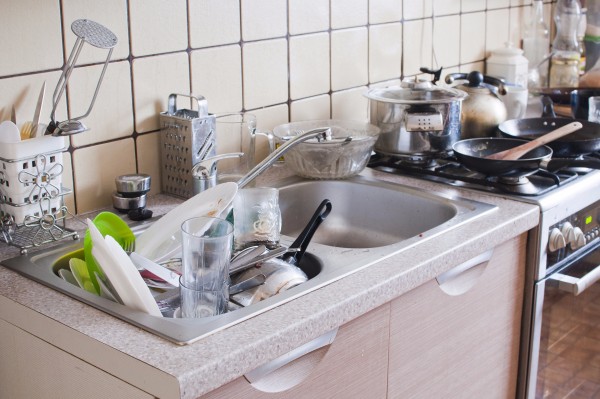Former neuroscientist and successful entrepreneur Keiron Sparrowhawk shares six tips for improving cognitive fitness and getting the rest you need over the long weekend
Long weekends – what do you do with them?
Many of us struggle with switching off from work at weekends, or treading that line between preparing for the next week and relaxing, so Dialogue asked neuroscientist, entrepreneur and author of ‘Executive Function: Cognitive Fitness for Business‘, Keiron Sparrowhawk to share his tips on how to make the most of this (and every) bank holiday weekend.
“When facing a long weekend, the key question to ask is, ‘how can you use a short break to improve my cognitive fitness?’. Cognitive fitness is your ability to plan and organise, be creative, solve problems, focus, recall and act with speed and accuracy, and it is essential if you want to be successful. If you can use your three day break to repair and build cognitive fitness, come next week, it will enable you to perform well and be at your happiest while doing so.”
Here are my six top tips for making the most of a long weekend:
1. Planning events
You have three days to do something this weekend. Don’t let them go to waste. Plan an event.
If you have a PA who plans everything for you, or if you leave everything to your partner, use this weekend to rekindle your planning skills – if we rely too much on others, we may lose the ability to plan.
Ideally, plan something that brings the whole family or friend group together for a period over the weekend. Painting or creative writing session with the kids, or a photo shoot in the park.
Spending the weekend alone? Plan a breakfast/lunch/evening meal, everything from buying the ingredients to the cooking. If you really want to maximise this event for your mind, make a healthy meal that is low in sugars and carbohydrates, and high in protein, fibre and good fats.
2. Read a trashy novel
Just for once, read a trashy novel that doesn’t tax your brain.
If your job entails always reading complex reports, give your brain a break this weekend and read something that allows your mind to wander, to recover and recuperate.
It’s great to “exercise” your mind but, just as with physical exercise, unless you allow your mind to recover, it may be driven to exhaustion. A trashy novel gives it a chance to do just that.
3. Get organised
Organising our thoughts will help us to get the most out of our working memory – the parts of our brain that deal with short-term memory, decision-making and reasoning to the maximum (read more about how this works here).
Creating checklists for your most annoying procedures at home works especially well for airline pilots and others in critical roles.
Need to stock the fridge for the days ahead? Enhance the mental skills gained by mentally rehearsing the most efficient route around the supermarket before you go, or visualise the items you wish to buy.
You should also use the weekend to organise your environment, using the extra time to clear the home office, the garden, the wardrobe or tool-box, and clearing your mind at the same time.
4. Reduce unnecessary stress
Stress is necessary, but chronic stress will damage you. Stress interferes with your attention and working memory, and the thing that is stressing us actually replaces our intended short-term memory, breaking our ability to make decisions or recall information.
To avoid stress this weekend:
- Have a “no smart phone” weekend
- Don’t use devices or TVs in the bedroom, instead think about installing air filter which will help you chill and relax in the bedroom.
- Reduce your time watching television
- Reduce all online activity – emails, social networking etc.
- Go for walks, ideally barefoot on the grass
- Meditate
5. Make time for play
Play games with your kids. You will be amazed how these can provide challenges and excite the most important parts of your mind, helping to strengthen self-regulation skills. As you play with your children, steadily increase the complexity of the games and activities (otherwise they get bored!), and in doing so you will all get opportunities to grow, learn and mature.
Playing games keeps the brain in a good cognitive fitness state. A happy brain cell is better than a depressed one. Laughter is another potential benefit: a loud laugh may be the key to solving a tough problem, since research suggests laughing encourages people to think more creatively.
Playing is even believed to boost the immune system, helping you avoid that “back to work” sluggishness we all feel.
6. Maintain relationships
This last tip is probably the most important of them all.
Those of you with good relationships will live longer and be happier than those without. And, mentally, positive relationships can help protect against memory loss and improve creativity, logical decision-making, and problem-solving ability.
Use the long weekend to share your love and appreciation with the people closest to you. Tell, or better still show, your loved one that they mean more to you than any of the other 1,000 things you are involved in every day. Spend time with your family, your spouse or partner, and do the activities they want to do.
Three days in a row is a good start at making a habit of telling someone – or better, showing them – you love them, every day.







